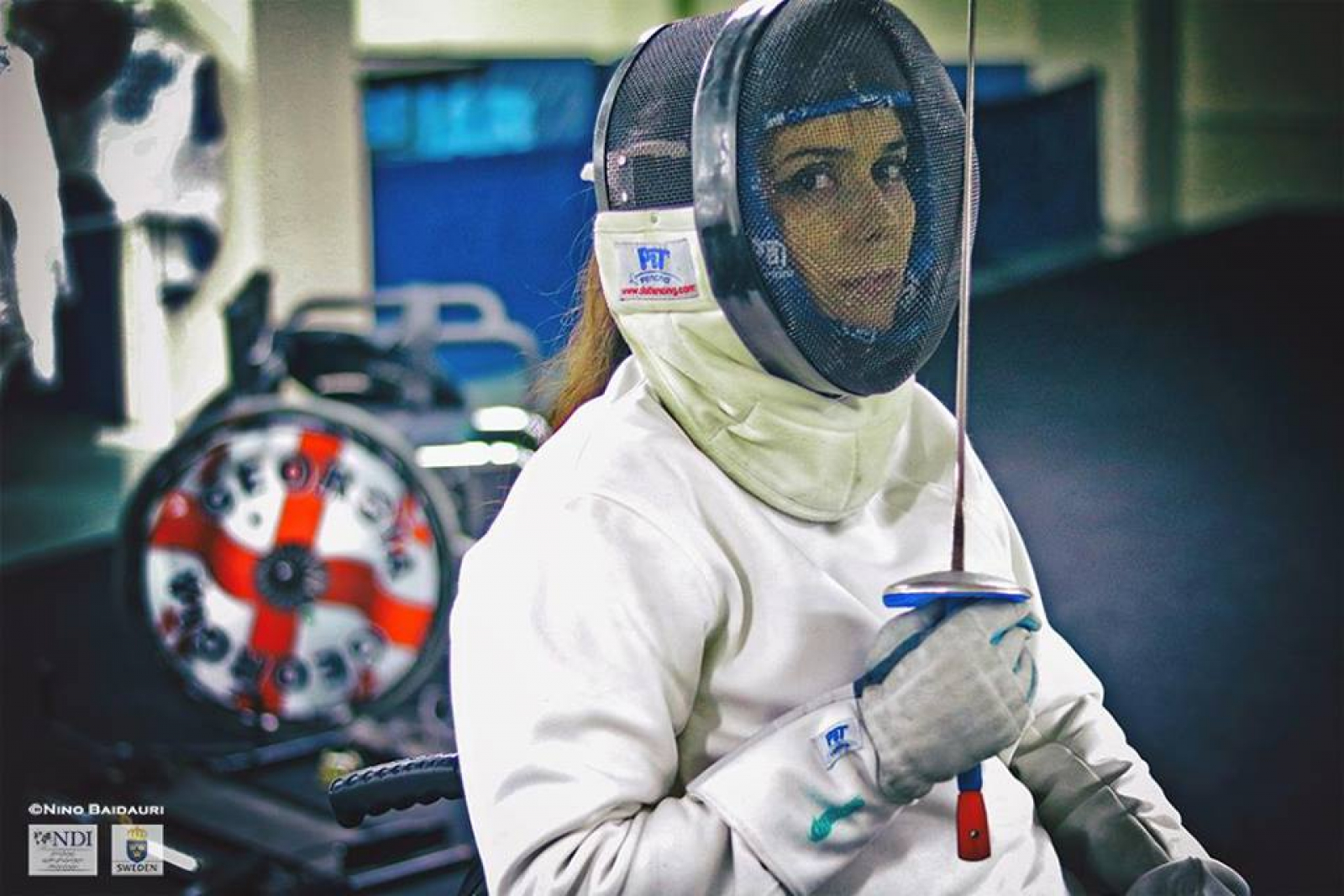
After years of fighting to bring the issues of gender equality to the forefront of Georgia politics, over the past year, activities have succeeded in drawing national attention to the persistent problems faced by women across the country. Civil society’s efforts have succeeded in motivating Georgian leaders to take concrete steps to lessen the gender gap. New amendments introduced to the constitution mandate the state to ensure equal rights and opportunities for men and women, and provide new guarantees for gender equality.
In late March 2018, the Georgian parliament will vote on a draft law on gender quotas for members of parliament and local government, which, if passed, would require political parties to develop proportional party lists with at least 50 percent women candidates. Yet, despite these advances, women in Georgia continue to face a number of hurdles as they go about their daily lives. Georgia remains a patriarchal society. Domestic violence is a persistent problem and the femicide rate is high. Gender stereotypes also persist as women continue to be viewed largely as caretakers rather than in positions of power.
The Women of Georgia project, funded by NDI, began in the spring of 2016 to build on the momentum for greater gender equality within Georgia. To illustrate the diverse yet common issues women in Georgia face every day, the project shared personal stories of women from different backgrounds all across the country. Starting with just a Facebook page created by A Woman’s Voice, a Georgian women’s initiative group, it was the first platform in Georgia that provided women a forum to openly discuss the problems of marginalized communities, such as lesbian and transgender women, women with disabilities and mothers of disabled children. Even before the #MeToo movement took root, the page became the first platform for the open discussion of sexual harassment in Georgia, and it brought the voices of ethnic minority women to the wider Georgian public. The project ultimately collected 180 stories of that reflected the range of challenges and barriers faced by women to participating in Georgian public life.
“Women of Georgia” garnered significant public acclaim. The individual posts and stories shared on the “Women of Georgia” Facebook page often reached up to 411,000 people. In total, the stories were shared and liked by 1.2 million Facebook users, reaching approximately half a million Georgian citizens. The platform was widely quoted and dozens of media outlets shared the women’s stories and a number of popular TV shows invited some of the women to discuss the issues they raised online, contributing to the national discussion on gender equality. The project’s success led to the creation of a video, book and museum exhibition.
The video below captures the powerful stories of six of those women, each of whom faced barriers that hindered their economic and cultural empowerment. Included are stories from a woman who experienced sexual harassment in the workplace, a transgender woman, a mother of child with Down syndrome, a survivor of a mental institution and an elderly woman.
“Women of Georgia” was the largest gender equality awareness campaign ever carried out in Georgia. Its level of social and political engagement around gender equality issues and women’s political representation is unprecedented, and significantly contributed to national efforts to advance gender equality in the country. According to NDI’s December 2017 public opinion research survey, 63 percent of respondents support a gender quota to increase the representation of women in parliament and an overwhelming majority (77 percent) supports legislation against sexual harassment. The sustained efforts of civil society organizations and select politicians have contributed to the changing climate on these issues.
This project was supported by funding from the Swedish International Development Cooperation Agency.


